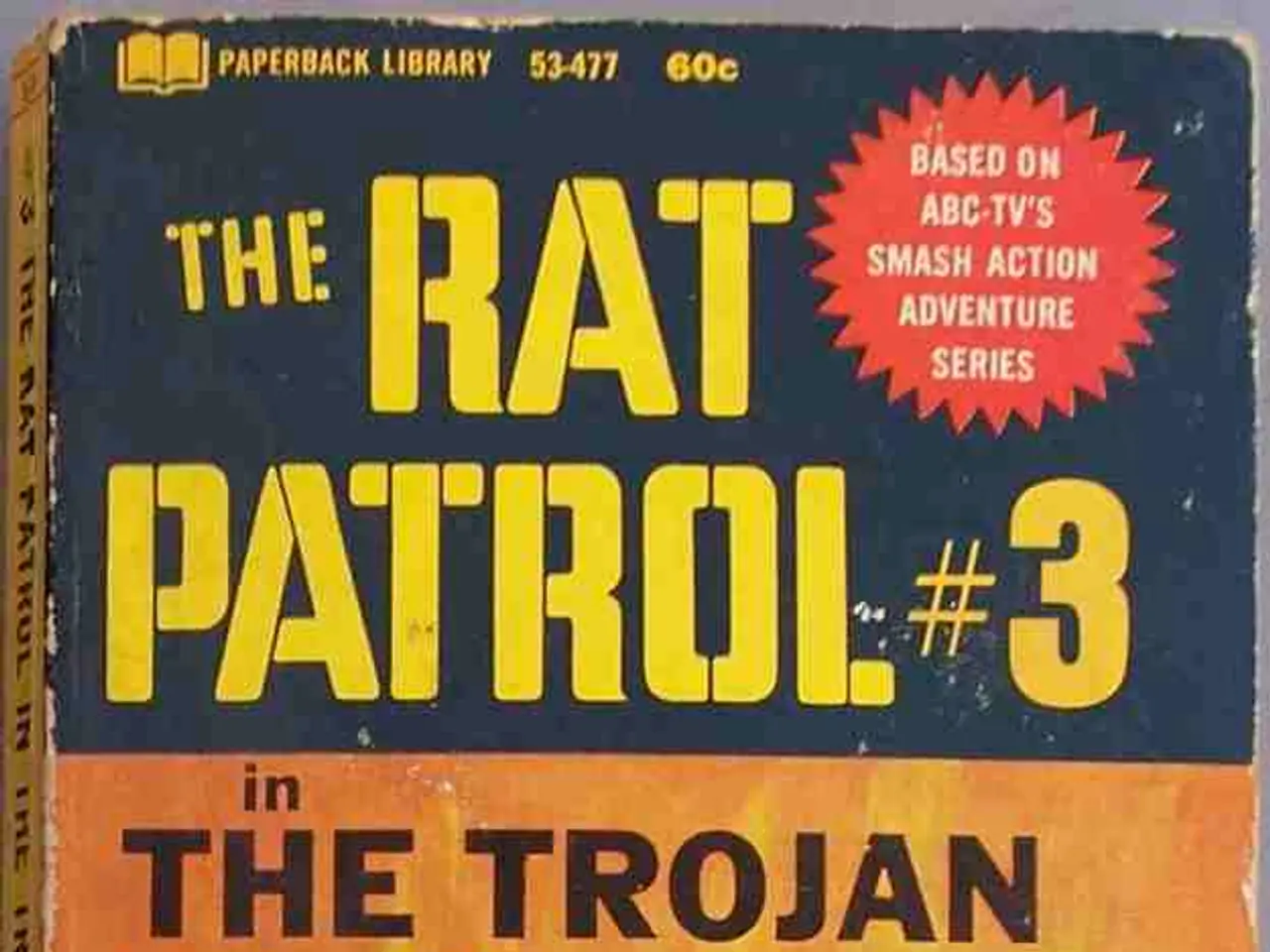Kuwait marks three and a half decades since Iraq's invasion
The year 1990 marked a significant turning point in Middle Eastern history, as Iraq, under the leadership of President Saddam Hussein, invaded its neighbour Kuwait on August 2. This action led to a series of events that had far-reaching political, economic, and global consequences.
Saddam Hussein accused Kuwait of lowering global oil prices, causing damage to Iraq's economy, and refusing to forgive Iraqi war debts. In response, the United Nations imposed economic sanctions on Iraq on August 6, 1990. By November 29, the Security Council passed Resolution 678, authorising the use of force if Iraq failed to withdraw from Kuwait by midnight on January 15, 1991.
The invasion came amid an economic crisis in Iraq following its war with Iran. The invasion was met with international condemnation, and Operation Desert Storm, a U.S.-led coalition operation, was launched on January 16, 1991. Kuwait's resistance during the occupation was remarkable, with civilian and underground networks distributing supplies, carrying out sabotage, and maintaining communication.
President George H. W. Bush declared a ceasefire on February 27 and formally announced Kuwait's liberation. Retreating Iraqi forces became targets along the "Highway of Death" on February 25, resulting in the decimation of tanks, trucks, and troops. Kuwait City was seized within hours.
Sheikh Jaber Al Ahmad Al Sabah, the ruler of Kuwait at the time, fled to Saudi Arabia. Emir Sheikh Jaber returned home from exile on March 14, and his government resumed full control after operating from Saudi Arabia during the occupation.
Despite the massive destruction caused by the invasion and subsequent Gulf War—including damage to oil infrastructure and widespread environmental devastation from oil well fires—Kuwait was liberated and restored as an independent state. However, the war's end did not bring immediate peace to Iraq. Saddam remained in power, and Iraq remained under UN sanctions for over a decade.
The toll of the war was devastating. Iraqi casualties are estimated between 70,000 and 200,000, with some 200,000 civilians affected. Coalition deaths totaled 505, including 472 Americans. One of the darkest episodes occurred on February 13, 1991, when a U.S. stealth bomber dropped two laser-guided bombs on the Amiriyah shelter in Baghdad, killing 314 people, including 130 children.
Women played a vital role in Kuwait's resistance, transporting weapons, aiding fighters, and joining men in direct resistance. The invasion reshaped Middle Eastern geopolitics by prompting the largest military coalition since World War II, led primarily by the United States. It exposed the volatility of oil markets, as Iraq's control over Kuwaiti and significant Persian Gulf oil reserves threatened global energy security.
The conflict led to sustained US military presence in the Gulf region and altered alliances, isolating Iraq regionally and internationally. It also prompted a shift in UN policies concerning collective security and sanctions regimes. In summary, the invasion resulted in Iraq's prolonged economic decline and international isolation, Kuwait's costly recovery under international protection, and a strategic realignment in global politics centered on energy security and military intervention in the Middle East.
[1] "The Gulf War." BBC News, BBC, 20 Feb. 2011, www.bbc.co.uk/news/world-middle-east-12458401. [2] "The Gulf War." History.com, A&E Television Networks, LLC, 2009, www.history.com/topics/gulf-war/the-gulf-war. [3] "The Gulf War." Encyclopædia Britannica, Encyclopædia Britannica, Inc., 15 Feb. 2019, www.britannica.com/event/Gulf-War. [4] "The Gulf War." The New York Times, The New York Times, 20 Feb. 2011, www.nytimes.com/2011/02/21/world/middleeast/21gulf.html. [5] "The Gulf War." The Washington Post, WP Company, 20 Feb. 2011, www.washingtonpost.com/history/the-gulf-war/2011/02/20/AF465146-7610-11e3-9f0d-071057c14b2a_story.html.
- The political consequences of Iraq's invasion of Kuwait in 1990 significantly reshaped Middle Eastern geopolitics, prompting the largest military coalition since World War II, led primarily by the United States.
- The Gulf War exposed the volatility of oil markets, as Iraq's control over Kuwaiti and significant Persian Gulf oil reserves threatened global energy security, becoming a general news topic worldwide.
- The environmental devastation from oil well fires during the Gulf War caused widespread concern, becoming a prominent issue discussed in environment and news reports, as well as in peace and conflict discussions among political officials.







